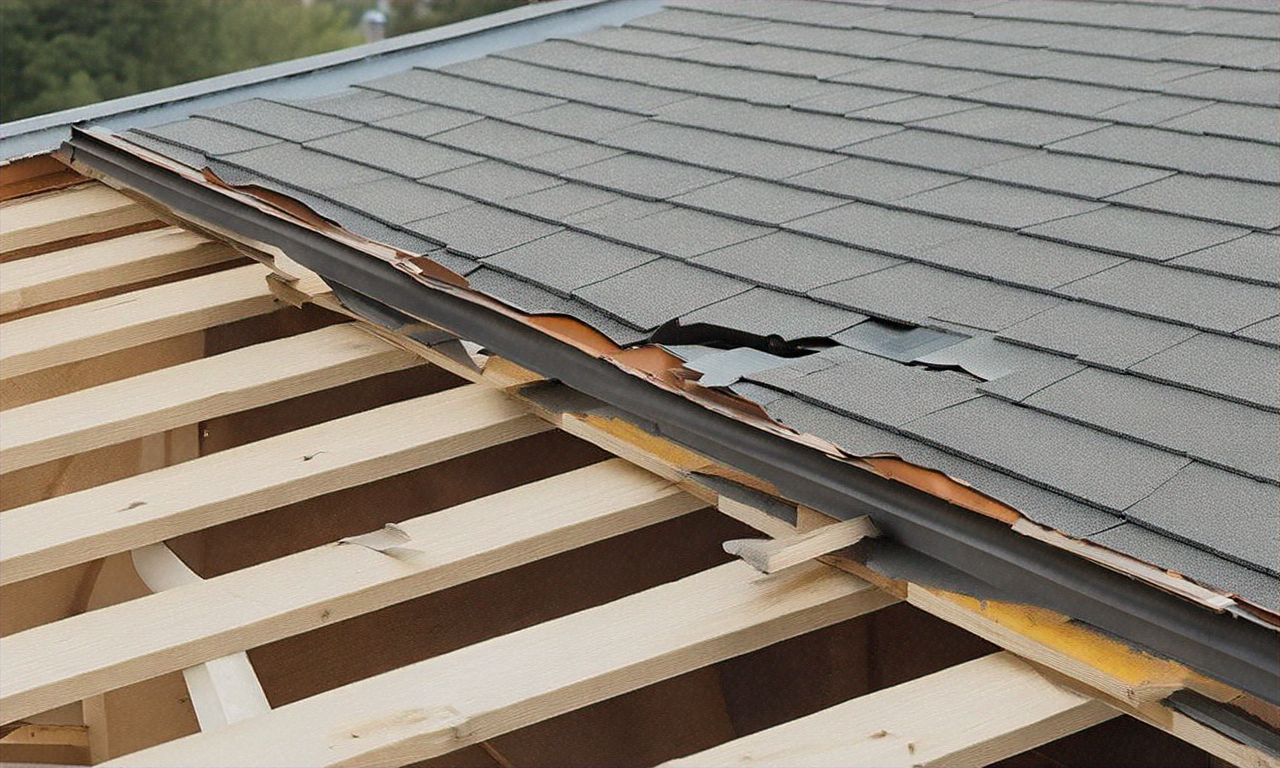The Complete Guide to Roofing Services: What You Need to Know
Roofing is a crucial aspect of home maintenance and construction that ensures the safety and integrity of your property. Whether you're building a new home, replacing an old roof, or addressing repairs, understanding roofing services is essential. This comprehensive guide will explore various aspects of roofing services, including when to hire professionals, different types of roofing materials, and potential costs involved.

When should you hire roofing services?
Knowing when to call in professional roofing services is critical for maintaining your home’s structural integrity. Some key indicators include:
-
Age of your roof: Most roofs last 20-30 years, depending on the material. If your roof is approaching this age, it’s time to consider professional inspection or replacement.
-
Visible damage: Cracked, missing, or curling shingles, as well as visible sagging, are clear signs that you need professional roofing services.
-
Water stains or leaks: If you notice water stains on your ceiling or walls, it’s crucial to address potential roof leaks immediately.
-
After severe weather: Storms, heavy winds, or hail can cause significant damage to your roof, warranting a professional inspection.
-
Energy efficiency concerns: If you notice a sudden increase in your energy bills, your roof might be failing to provide proper insulation.
What are the different types of roofing materials available?
Roofing materials come in various types, each with its own set of advantages and considerations:
-
Asphalt shingles: The most common and cost-effective option, suitable for most residential properties.
-
Metal roofing: Durable and long-lasting, available in various styles and colors.
-
Tile roofing: Offers excellent durability and a distinctive aesthetic, popular in Mediterranean-style homes.
-
Slate roofing: High-end, extremely durable, and aesthetically pleasing, but requires specialized installation.
-
Wood shakes: Provide a natural, rustic look but require more maintenance than other options.
-
Flat roofing: Commonly used in commercial buildings, utilizing materials like EPDM, TPO, or built-up roofing.
How do you compare roofing services in your area?
When comparing roofing services in your area, consider the following factors:
-
Licensing and insurance: Ensure the roofing company is properly licensed and insured in your state.
-
Experience and reputation: Look for established companies with positive customer reviews and a solid track record.
-
Warranty offerings: Compare warranties on both materials and workmanship.
-
Material options: Choose a company that offers a variety of roofing materials suitable for your needs and budget.
-
Free estimates: Reputable companies usually offer free, detailed estimates for their services.
-
Communication and transparency: Select a company that communicates clearly and provides detailed information about the roofing process.
What are the possible costs for roofing services?
Roofing costs can vary significantly based on factors such as material type, roof size, and complexity of the job. Here’s a general overview of potential costs:
-
Asphalt shingle roofing: $3.50 - $5.50 per square foot
-
Metal roofing: $6.00 - $12.00 per square foot
-
Tile roofing: $7.00 - $18.00 per square foot
-
Slate roofing: $9.00 - $16.00 per square foot
-
Wood shakes: $6.00 - $9.00 per square foot
Keep in mind that these are rough estimates, and actual costs may vary. Additional factors that can influence pricing include:
-
Removal of existing roofing
-
Structural repairs
-
Complexity of roof design
-
Local labor costs
-
Seasonal demand
What are some unique facts about roofing services in the United States?
The roofing industry in the United States has some interesting characteristics:
-
The U.S. roofing market is expected to reach $19.9 billion by 2021, showcasing steady growth.
-
Asphalt shingles remain the most popular roofing material, accounting for about 80% of residential roofs.
-
The roofing industry is increasingly adopting eco-friendly materials and practices, with a growing demand for solar tiles and cool roofs.
-
Many states have specific licensing requirements for roofing contractors to ensure quality and safety standards.
-
The roofing industry is seasonally affected, with peak demand typically occurring in late summer and early fall.
How do top roofing service providers compare in the United States?
Here’s a comparison of some well-known roofing service providers in the United States:
| Provider Name | Services Offered | Key Features/Benefits |
|---|---|---|
| GAF | Residential and commercial roofing | Largest roofing manufacturer in North America, extensive warranty options |
| Owens Corning | Residential and commercial roofing | High-quality shingles, certified contractor network |
| CertainTeed | Residential and commercial roofing | Wide range of roofing products, strong warranty programs |
| ABC Supply Co. | Wholesale roofing supplies | Extensive product selection, contractor support services |
| Beacon Roofing Supply | Wholesale roofing supplies | Large distribution network, online ordering platform |
Prices, rates, or cost estimates mentioned in this article are based on the latest available information but may change over time. Independent research is advised before making financial decisions.
In conclusion, roofing services play a vital role in maintaining the integrity and value of your property. By understanding when to hire professionals, knowing the different types of roofing materials available, and considering the potential costs involved, you can make informed decisions about your roofing needs. Remember to always compare local service providers and choose a reputable company for your roofing projects.




